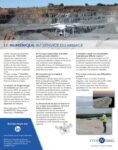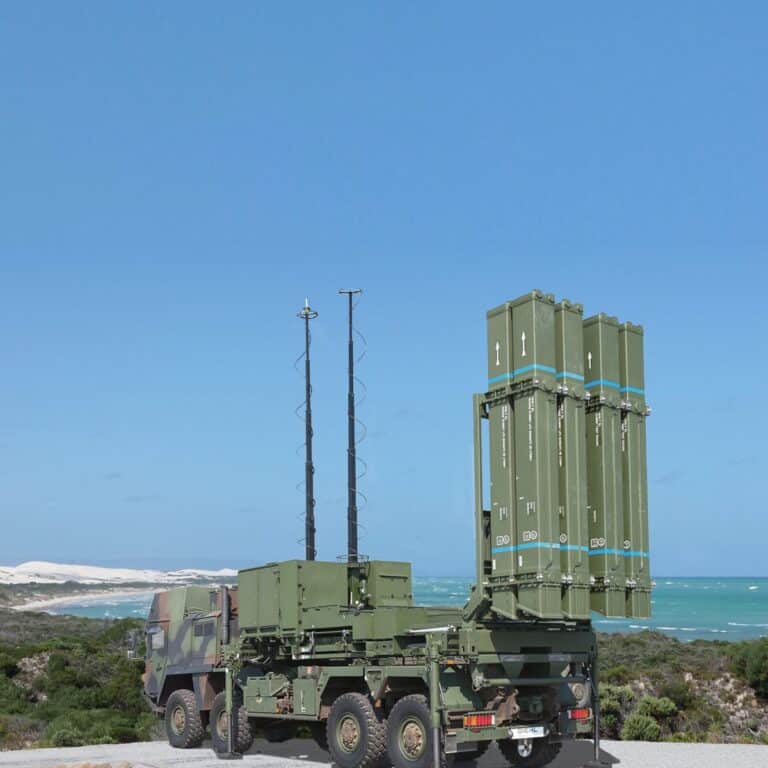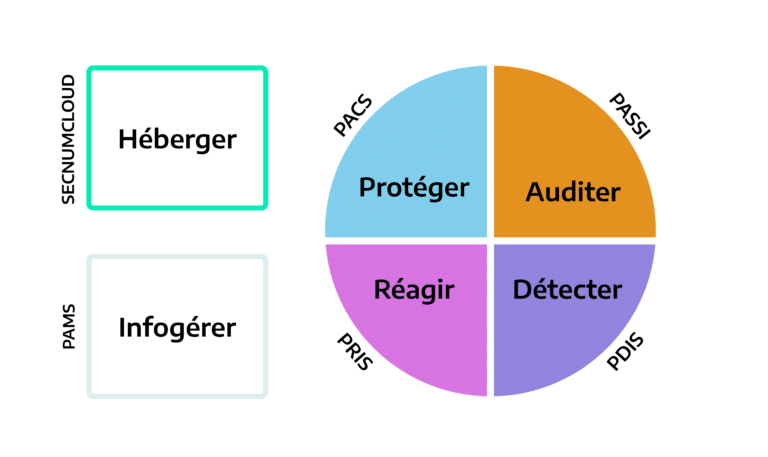In a world where technology is evolving at a breakneck speed, the role of the Artificial Intelligence Engineer is becoming increasingly crucial, particularly in the field of defense. This professional must not only master the algorithms and tools of AI but also understand the specifics of security and protection systems. To excel in this path, it is essential to follow a rigorous academic path, often through a Bac+5 training in computer science, mathematics, or at a specialized engineering school. This journey requires both sharp technical skills and a great curiosity towards constant innovations, making each step in this pathway crucial for a rewarding career in service of national security.

The field of defense is undergoing rapid changes, and Artificial Intelligence (AI) plays an essential role in this transformation. For those who wish to embrace a fulfilling and impactful career as an AI Engineer in defense, a well-defined path is necessary. In this article, we will explore the key steps to becoming a competent professional in this cutting-edge sector, the training to prioritize, and the essential skills to acquire.
Table des matières
ToggleThe academic foundations required for training
To embark on a career in Artificial Intelligence, it is crucial to have a solid academic foundation. Generally, a Bac+5 is required, which implies completing a five-year curriculum after the baccalaureate. This pathway may vary depending on the type of degree obtained, whether from a Bachelor’s degree in mathematics, computer science, or a combination of the two.
Engineering schools, particularly those located in La Défense, offer specialized training in artificial intelligence and cybersecurity. These institutions prepare students to develop complex systems tailored to the specific needs of the defense sector. Admission to preparatory cycles is generally based on application, targeting students in the scientific final year or holders of a Baccalauréat.
The essential skills to develop
To become an effective AI Engineer, certain skills are essential. First and foremost, it is necessary to master a set of algorithms, machine learning techniques, as well as statistical tools. The ability to manipulate data and select appropriate methods to solve complex problems is paramount.
Moreover, intellectual curiosity is a major asset. Technological developments in the field of AI are happening at a breakneck pace. Being proactive and staying informed about the latest technical advances will ensure an appreciated expertise in this competitive environment.
Seeking practical experiences
Theory, while fundamental, is not sufficient on its own. It is important to gain practical experience through internships, research projects, or collaborations within laboratories. These experiences allow the application of theoretical knowledge while developing a valuable professional network.
Participating in workshops and seminars specific to the defense and artificial intelligence sectors can also broaden technical skills while fostering exchanges with experts and other motivated students.
Professional paths to consider
Once the diploma is obtained, various opportunities are available to young graduates wishing to work in the defense sector. Positions such as data analyst, AI developer, or project manager are central to this industry. Tasks may include designing surveillance systems, predictive analyses for security, or even developing optimization algorithms for military operations.
The private sector, as well as government agencies, are constantly on the lookout for qualified professionals. By being trained in new technologies and having significant experience in implementing AI solutions, you will stand out in the job market.
The importance of continuous learning
The field of artificial intelligence is evolving rapidly, making a commitment to continuous learning essential. Continuing education programs, MOOCs, or professional certificates are effective ways to stay updated on trends and improve skills.
In conclusion, becoming an Artificial Intelligence Engineer in service of defense requires a rigorous academic curriculum, the development of specific technical skills, as well as practical experience. It is a demanding journey but also extremely rewarding for those passionate about technology and its application in service of security. With adequate training and sustained efforts, it is possible to make a significant contribution to modern defense.





















